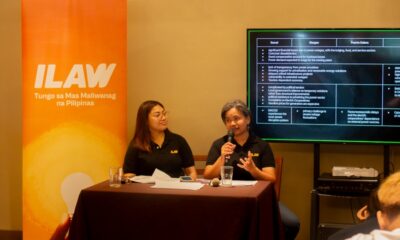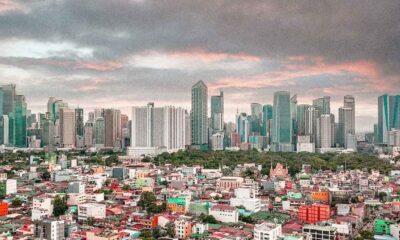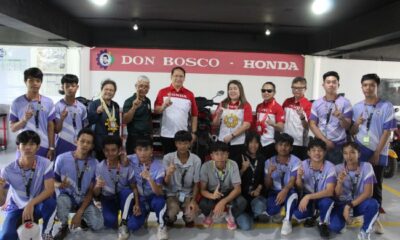News
LTFRB-7 Issues 90 Special Permits for Cebu PUVs
At least 90 special permits were issued to public utility vehicles (PUV) serving the passengers in the cities of Cebu, Mandaue, Lapu-Lapu and Talisay, and Consolacion town during the general community quarantine (GCQ) until June 15, a top transport regulatory officer in Central Visayas said.
Eduardo Montealto Jr., Land Transportation Franchising and Regulatory Board (LTFRB-7) regional director, said on Thursday that 61 special permits were issued to buses that will ply different routes in Cebu City and 29 for buses in Mandaue, Lapu-Lapu, Talisay, and Consolacion.
“Based on Section 4 of the Omnibus Guidelines on the Implementation of Community Quarantine, ‘the movement of all persons in areas placed under GCQ shall be limited to accessing essential goods and service,’” he said in a statement.
The movement of people for leisure purposes is not allowed and those aged 21 below and 60 above are still required to stay at home, he noted.
Montealto said students who account for 40 percent of ridership are not yet going to school.
“The increase in the number of vehicles allowed to ply the routes would be in phases, depending on the passenger demand, which will be monitored by LTFRB-7,” he stressed.
He said Memorandum Circular 2020-017 provides for the hierarchy of transport service if there is a need for additional PUVs.
Topmost in the hierarchy are buses followed by Omnibus Franchising Guidelines (OFG)-compliant public utility jeepneys (PUJs) or modern PUJs, then UV Express. The fourth is traditional PUJs, which have already been consolidated as cooperatives or are fleet-managed and last are the tourist vans.
The LTFRB-7 on Tuesday also issued 150 special permits for taxis and Transport Network Vehicle Service (TNVS) such as Grab and Micab.
However, the operators might still be conducting training for their drivers since the taxis and TNVS would be using the cashless payment system, Montealto said.
According to him, the LTFRB continues to validate applications for special permits and is coordinating with the LGUs to determine if there is a need to add more PUVs to serve a certain route.
LTFRB, in coordination with the local government units, has come up with rationalized routes, which were identified due to the presence of businesses offering essential services, he explained.
He called on commuters in areas that have not been covered yet by the routes to be patient and understanding since there would still be limited number of PUVs that will be allowed to operate. (PNA)
































